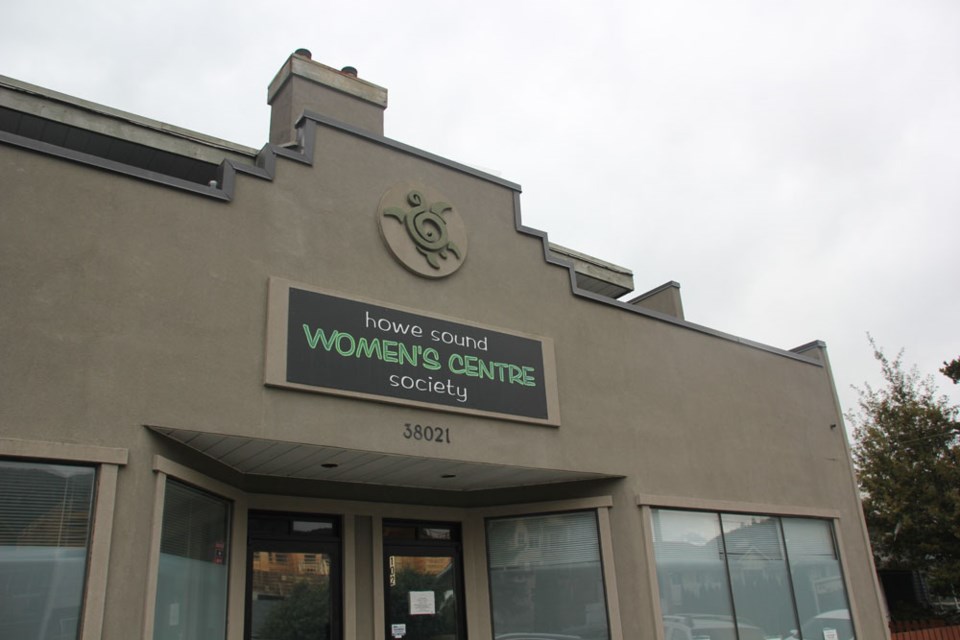On Oct. 15, 2017, a tweet sparked the #MeToo movement, calling on survivors of sexual harassment and assault to share their stories.
If you’ve been sexually harassed or assaulted write ‘me too’ as a reply to this tweet. pic.twitter.com/k2oeCiUf9n
— Alyssa Milano (@Alyssa_Milano) October 15, 2017
That wasn't the only outcome. A Statistics Canada report from 2018 shows that after the movement began, there was a 24 per cent increase in sexual assault reports to police across the country. In B.C., reports to police of non-violent sexual assault increased by 16 per cent. Reports of aggravated sexual assaults in the province went up by 45 per cent.
"It's hard to say exactly how the #MeToo movement has impacted Squamish in general," the executive director of Howe Sound Women's Centre in Squamish, Ashley Oakes, told The Chief. "What we have seen is an overall growing space and support for survivors to speak up, and a lot more breaking the silence around sexual harassment and assault. Just like any other community, Squamish isn't exempt from sexualized violence. What the #MeToo movement did globally was create an opportunity for women to feel safe in sharing their experiences. We saw the same thing here in our community."
At the same time as the movement went viral, the Howe Sound Women's Centre was in the process of becoming a third-party reporting location for victims of sexualized violence. The program, which started the same year, allows adults to anonymously report details of a sexual offence or assault to police.
"We've always worked with victims of sexualized violence that have come to our space, but we're finding now that we're able to apply for funding that will enhance that programming and create better collaboration for survivors of violence. As a result of #MeToo, we're just seeing more survivors of sexualized violence coming through our doors," Oakes said.
In the past year, the third-party reporting program at HSWC has helped three people make reports. Oakes says this number doesn't represent all of the sexual assault survivors they help in Squamish, since the centre doesn't track the reason a woman comes to HSWC or keep files on those who seek their help — except for third-party reports.
The centre is also planning a new forum called Crosshatch. In March, the two-day training forum for first responders and frontline workers will be held in Whistler and include healthcare professionals, First Nations communities and educators. Oakes said the forum will encourage partnerships related to reducing sexual assault and improving responses to be sensitive and effective.
Howe Sound Women's Centre in Squamish also provides youth education at the local schools with their "Violence is preventable" presentation to students in Grade 6 to 10. It teaches consent, healthy relationships and how to stay safe on the internet.
"Hopefully as we continue to talk about consent to younger generations, we're going to reduce the incidents of this sort of harassment and violence happening in our community," Oakes said.
"For as awful an experience as it must have been for all victims of sexualized violence, the #MeToo movement really opened the door for us to have some meaningful conversations, to provide survivors of violence an opportunity to have improved responses within communities around the globe. We hope the momentum continues."
If you know someone who has experienced sexualized violence, Oakes has recommendations for how you can help.
"It's important to meet a survivor of violence where they're at. I think encouraging a survivor to speak with someone who can help them work through what they've experienced, provide them with the resources they may not know about that they could utilize and remind a survivor that they aren't to blame for the violence inflicted upon them by somebody else."
Find more information about services at www.hswc.ca.



